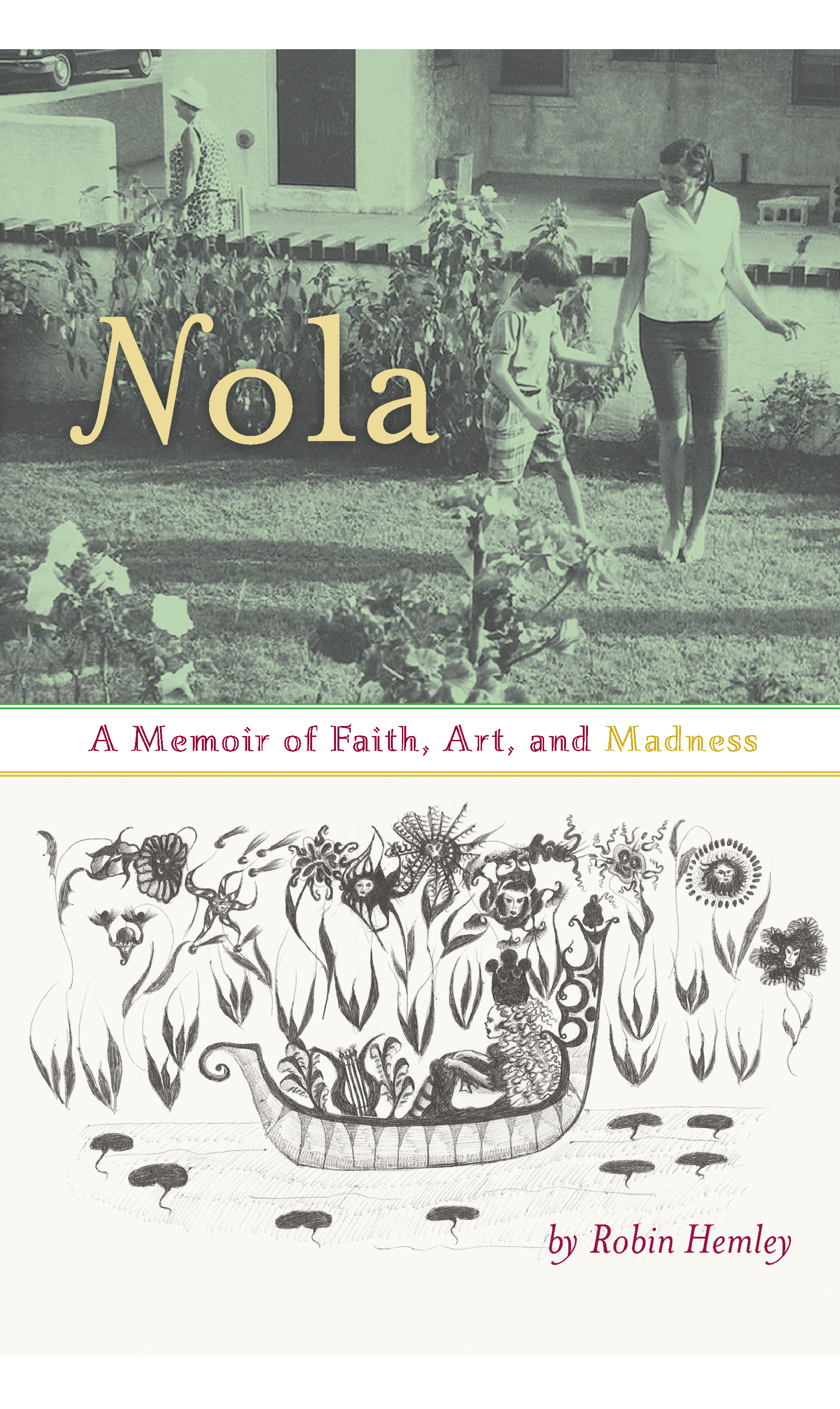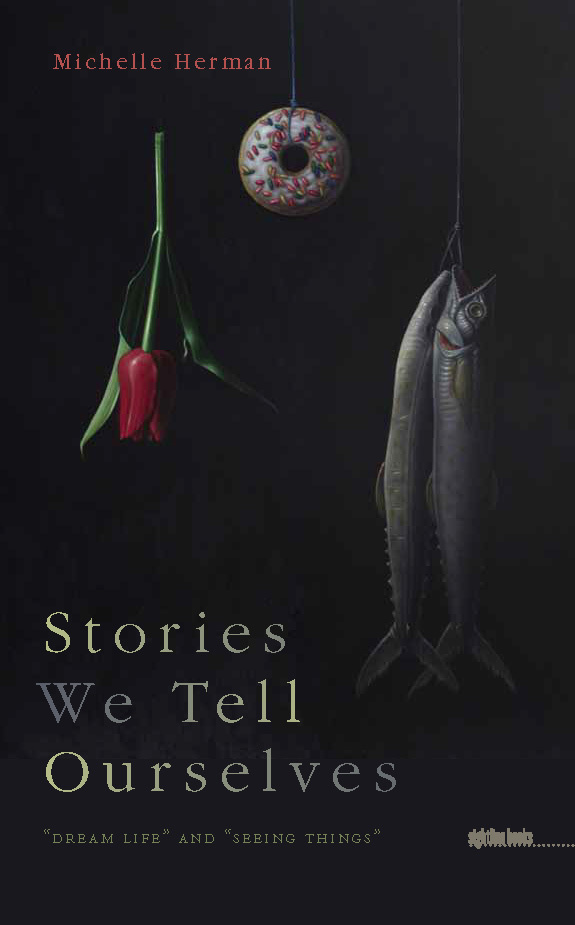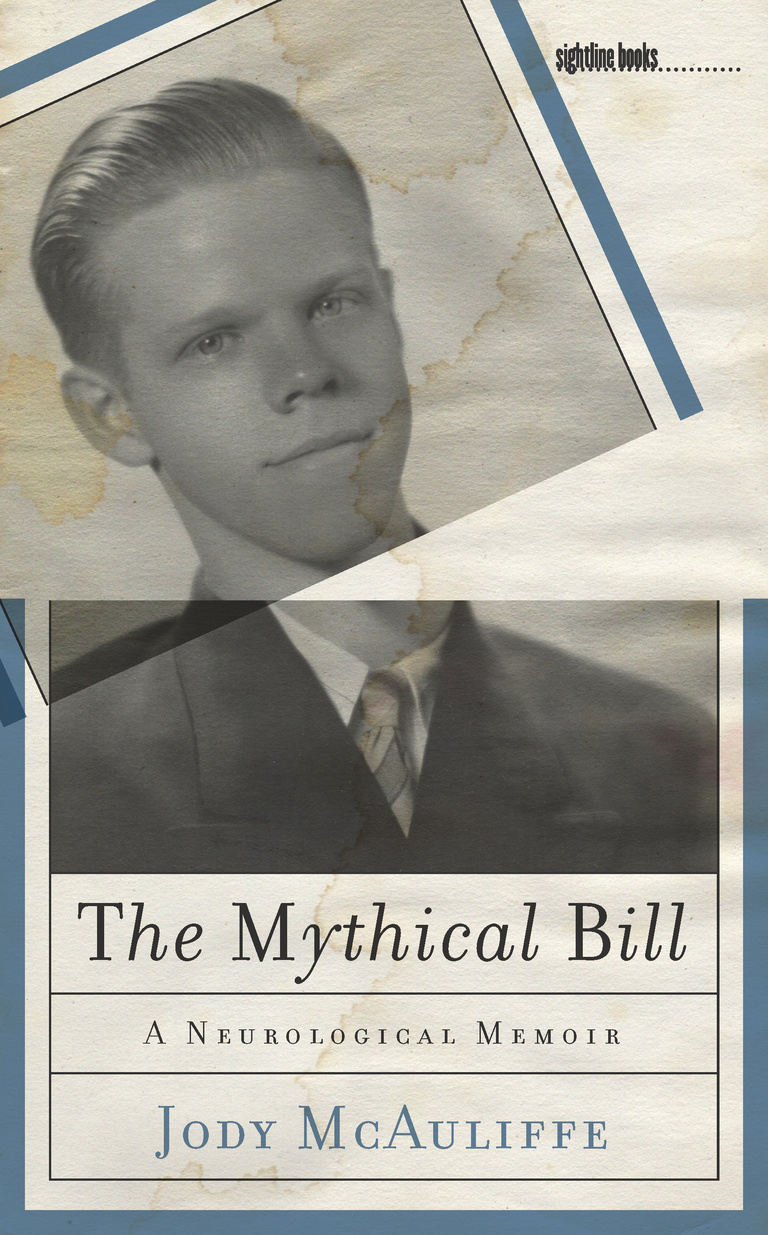The evidence at hand: an autobiography—complete with their mother’s edits—written by his brilliant and disturbingly religious sister; a story featuring actual childhood events, but published by his mother as fiction; the transcript of a hypnotherapy session from his adolescence; and perjured court documents hidden in a drawer for decades. These are the clues Robin Hemley gathers when he sets out to reconstruct the life of his older sister Nola, who died at the age of twenty-five after several years of treatment for schizophrenia. Armed with these types of clues, Hemley quickly discovers that finding the truth in any life—even one’s own—is a fragmented and complex task.
Nola: A Memoir of Faith, Art, and Madness is much more than a remembrance of a young woman who was consumed her entire life by a passion for finding and understanding God; it is also a quest to understand what people choose to reveal and conceal, and an examination of the enormous toll mental illness takes on a family. Finally, it is a revelation of the alchemy that creates a writer: confidence in the unknowable, distrust of the proven, tortuous devotion to the fine print in life, and sacrifice to writing itself as it plays the roles of confessor, scourge, and creator.
Upon its first release in 1998, Nola won ForeWord’s Book of the Year Award for biography/memoir, the Washington State Book Award for biography/memoir, and the Independent Press Book Award for autobiography/memoir.
“A diagnosed schizophrenic, Nola Hemley died in 1973 of a medication overdose at the age of 25. In this affecting, highly inventive memoir, Hemley's younger half-brother . . . attempts to understand what led his gifted sister down the path toward mental illness, drawing on her journals and artwork as well as his own memories of her. There are, he discovers, no obvious answers. . . . In the end, Hemley's strikingly, often fascinatingly, postmodern narrative tells us more about the challenges and ramifications of writing a personal memoir than about its subject's life. . . . [T]hose interested in writing as a process will find his articulate musings amply rewarding.”—Publishers Weekly
“[Nola] is an important text because it unites story and essay, as well as letters, self-declared fictions and reflection, almost effortlessly at the crossroads where nonfiction as the fourth genre is most controversial: the junction between truth and lie. . . . Nola is not just a life-and-death narrative of the author’s brilliant and disturbed sister, but it’s also a complex narrative of Hemley himself, of his mother as writer and editor, and finally it is the story of how he makes meaning out of his own connections with his difficult, eccentric, and excruciatingly literary family. . . . Couple the inventive format with a writing style that is deeply reflective, utterly honest, and sensitive to the issues of writing nonfiction in this way, and you have a colossal memoir.”—ForeWord Reviews
“In this candid, revealing family scrapbook, Robin Hemley, a fiction writer and essayist, assiduously investigates the ways in which truth and fable shape identity. . . . Ultimately Nola becomes a chronicle of a literary period, a story about a gifted family and, most of all, an examination of Robin Hemley's evolution as son, brother, husband, father, and writer.”—Chicago Tribune


